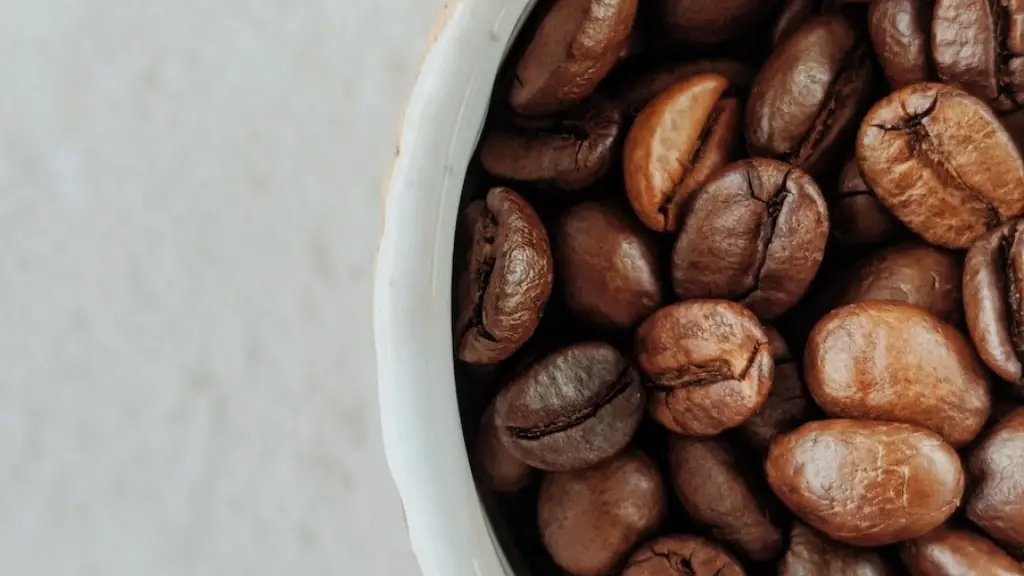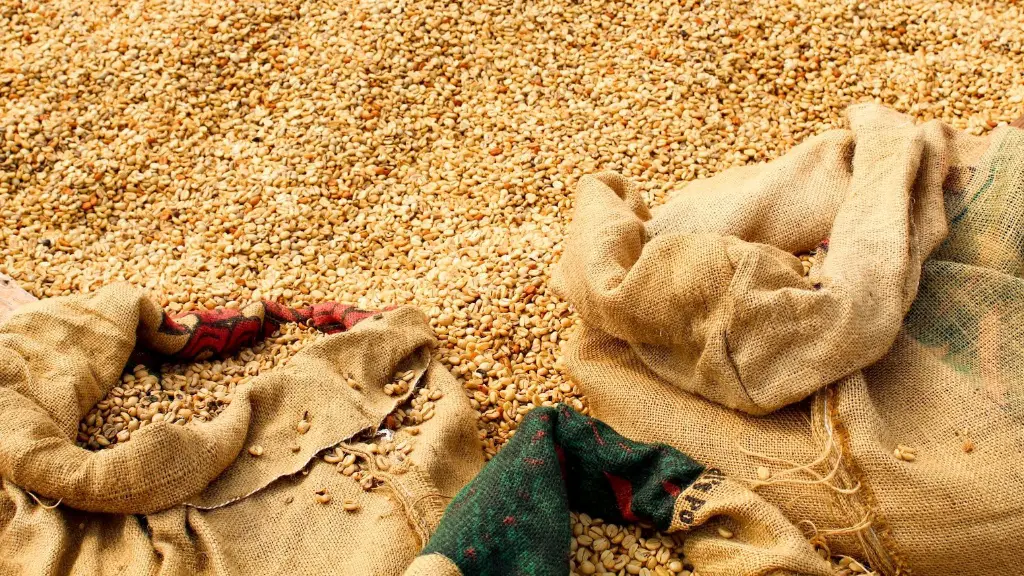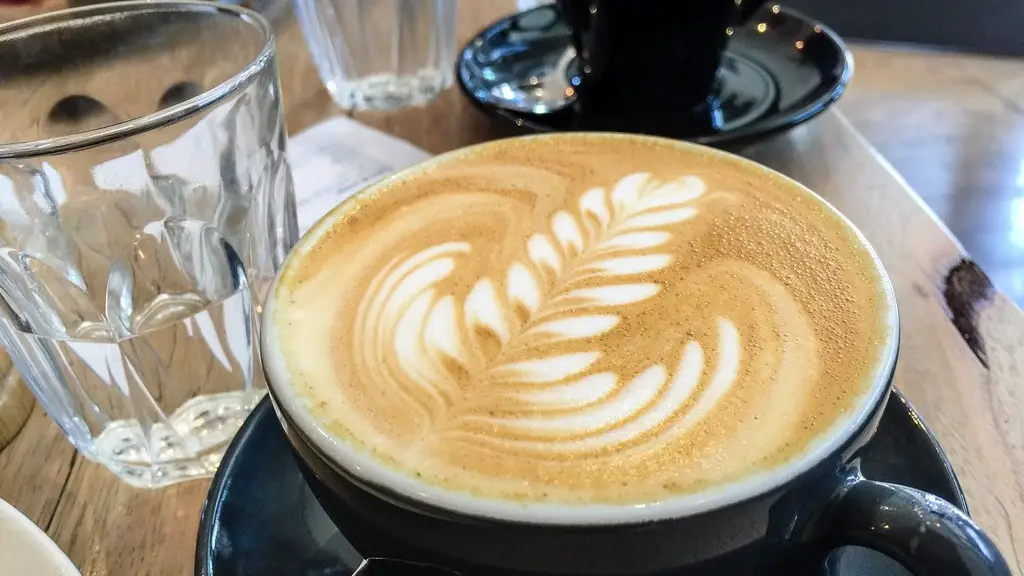When people in the USA wake up, one of the first things they reach for is a cup of coffee. This popular morning ritual is practiced around the world and with different variations. Generally, a coffee drink is made with brewed coffee, which can be cold or hot, and other ingredients, like milk, cream, sugar and flavored syrup. Even though coffee drinkers around the globe have their own preferences, certain trends and recipes are proliferating.
At its simplest, single shot espresso is a concentrated form of drip coffee. It is made from finely ground coffee beans and hot water forced together through a small machine. The flavor of espresso is stronger and fuller than regular coffee, and its presence has grown through the rise of specialty coffee shops over the past twenty years. Popular espresso based drinks include cappuccinos and Americanos. Cappuccinos are made of espresso and steamed milk with a light layer of foam on the top. Americanos are made of diluted espresso and served over ice.
On the sweeter side of coffee drinks lattes have been popular since the 1990s. This drink is made of espresso, steamed milk and some type of flavored syrup. White Chocolate, Caramel and Mocha are just some of the many types of lattes commonly served. In recent years, iced coffee and cold brew drinks have also become popular. A cold brew is made of coffee beans steeped and slowly chilled in cold water for over twelve hours, producing an intense, smooth flavor.
Not all coffee drinkers enjoy strong coffee. Milk can be added, including dairy milk, alternative milks like almond milk, soy milk and coconut milk,or even cream. Additionally, sweeteners such as cane sugar, brown sugar and honey can be added, as well as flavored syrups and spices like cinnamon, nutmeg and cardamom.
Coffee drinkers around the world have endless choices when it comes to coffee drinks. However, in recent years, a growing shift in preference has taken place. Consumers are becoming more aware of the health risks associated with excessive caffeine, sugar, milk and other added ingredients, and many people have shifted toward healthier alternatives. Some companies have already started to look for ways to produce healthier drinks that are also truly delicious.
Overall, it’s clear that a coffee drink can mean different things to different people. From the strong and traditional espresso-based drinks to the sugary lattes, people have a growing range of options, no matter their taste preferences. With healthier than ever alternatives, there’s no doubt that this global morning ritual won’t be going anywhere.
Environmental Impact of Coffee
The production of coffee has an environmental impact, just like any other product. Coffee production, in particular, has become a controversial issue due to deforestation, water use and water contamination. The production of coffee can also contribute to air pollution with the release of carbon dioxide and other gases from roasting and packing facilities.
In the past few decades, the demand for coffee has surged and a lot of coffee farms have failed to keep up with the global demand. As a result, many farms have switched to monoculture production, which is the growing of one crop exclusively, in order to maximize yields. Unfortunately, this has led to deforestation of large areas of rainforest, endangering the local ecosystems and wildlife.
On the water side, the coffee industry uses water for irrigation and hygienic purposes. The contaminated wastewater from the production process is usually released untreated, into the surrounding environment. The use of chemicals such as pesticides and fertilizers can contaminate local water supplies, leading to further environmental damage.
Fortunately, the trend toward sustainability has been gaining momentum in recent years, and more companies and producers are taking steps to reduce the negative environmental impacts associated with coffee production. These efforts include reducing deforestation, improving water management, minimising the use of chemicals and investing in renewable energy.
Rise of Specialty Coffee
In the last decade, the specialty coffee industry has seen unprecedented growth. Specialty coffee is a term used to describe coffee of superior quality, usually grown in special or unusual locations, crafted with skill and care. Specialty coffee is usually traceable from the source and produced with ethical environmental practices.
The specialty coffee industry is driven by consumer demand for a more diverse range of flavors and better product quality. Specialty coffee is usually roasted with a light touch and then prepared using artisan techniques developed over years of practice. Consumers are also looking for coffee that is traceable from the source, and that has been grown and produced in an ethical manner.
Specialty coffee is an inherently risky choice for producers and consumers, as it requires knowledge and skill to craft each cup and deliver consistent quality. However, the rewards are significant, and many producers and consumers have been able to make a successful business out of it. Additionally, the specialty coffee industry benefits from transparency and traceability, which allows consumers to see the exact journey their coffee has taken before it hits their cup.
Overall, there is a growing demand for specialty coffee and it shows no signs of slowing down. This trend toward craft coffee is redefining the way we look at coffee production, and is leading the way to a more sustainable and ethical coffee industry.
Coffee Equipment
From grinders and espresso machines to filters and French presses, there is a wide range of coffee equipment available for both home and commercial use. Each piece of equipment is designed to deliver a different result, and each type of coffee drink requires a different set up. For example, an espresso machine is necessary for coffee drinks such as cappuccinos and lattes, while a coffee filter is required for drip coffee.
Modern coffee shops are now offering customers a more personalized experience, with baristas using different coffee brewing methods, such as pour over and cold-drip. This trend has pushed the demand for specialized, high-tech coffee equipment, such as thermal carafes, automatic drip machines and on-demand grinders. These brewing methods produce coffee with a unique flavor profile, and give customers the ability to customize their coffee drinks.
At home, consumers have a lot of options when it comes to coffee equipment. From classic French presses to single serve machines, there is no shortage of choices. Consumers should consider their preference and budget when making a purchase. More expensive machines may be more durable, easier to maintain and may offer more features, such as adjustable temperature settings.
Fair Trade Certification for Coffee
The ethically conscious consumer is looking for more than just a cup of coffee. They are looking for assurance that their coffee is produced with respect for the environment and those involved in its production. Fortunately, the Fair Trade certification provides this assurance.
The Fair Trade certification allows consumers to identify products that were produced ethically and with respect for the environment. This certification guarantees that the farmers and workers involved in the production process were paid a fair price and treated with respect. Additionally, it ensures that the production process was carried out with minimal environmental impact.
The Fair Trade certification is gaining in popularity, as consumers become more aware of the conditions in which their coffee was produced. The certification is a powerful tool for companies to differentiate their products, as well as a way for consumers to make informed decisions about the products they buy.
Roles of Technology in Coffee Production
Technology plays an essential role in coffee production and specialty coffee. With the introduction of new technologies, the industry is experiencing unprecedented growth, both in terms of production efficiency and consumer demand. Technologies such as automation, robotics and sensors are changing the way coffee is produced from harvesting to packaging.
In the last decade, automation and robotics have made their mark in the industry, allowing for more efficient sorting, harvesting and roasting. This technology has enabled a higher quality of coffee and more consistent production. Additionally, sensors are being used to measure and control the environment during the roasting process, as well as to collect data in order to improve the quality of the coffee.
However, the most notable application of technology in coffee production is the use of blockchain. Blockchain is an online ledger that allows for the tracking of coffee from the source to the final product. This is a powerful tool for companies, as it allows for the tracing of their beans and ensures their quality and sustainability. It also increases transparency for consumers, allowing them to make informed decisions about their purchases.
Coffee Culture Worldwide
Coffee is more than just a beverage – it has become a culture. From the humble cafe in Paris to the hip specialty shops in Tokyo, coffee has become a worldwide phenomenon, uniting people from all walks of life. Each city has its own unique coffee culture, with people enjoying the drinks and culture in their own way.
In Europe, coffee houses have been around since the 1600s and have become cultural hubs for things ranging from caffeinated conversation to live music and art shows. In the United States and Asia, coffee shops are becoming a mainstay of everyday life, as cafes become a place to hang out, study and socialize.
Coffee has also become an important part of the art world, with a variety of coffee-inspired sculptures, paintings and installation pieces appearing around the world. This has led to the rise of coffee art, a thriving subculture that has attracted artists of all kinds, from sculptors to illustrators.
Overall, coffee has become a cultural bridge, connecting people from all over the world. The coffee culture is a global phenomenon, with people from all corners of the world enjoying coffee in their own unique way. It is here to stay.





